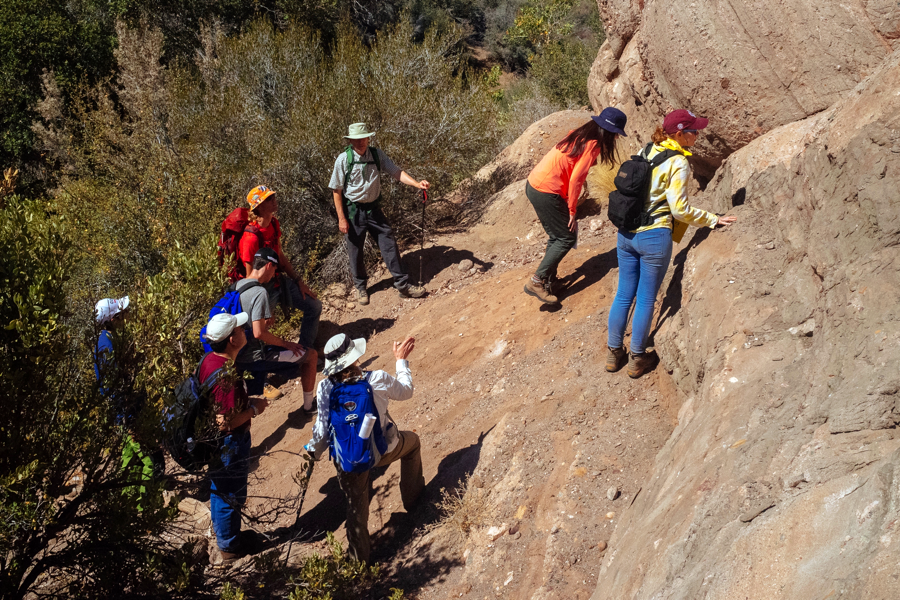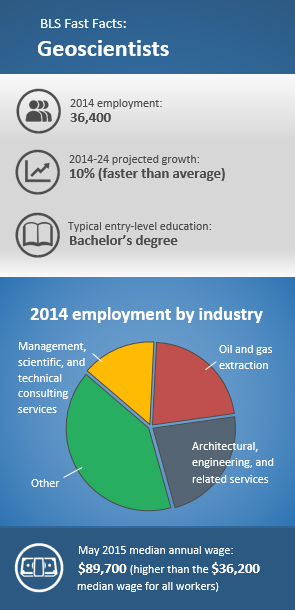All Categories
Featured
Table of Contents
Working As A Geophysicist And Oceanographer In Canada in East Cannington WA 2021
This work is increasingly contracted out, so consultancies offer another source of work. Consultancy companies vary in size, from very small business to big multinationals. Some consultancies are quite specialised in using specific geophysical strategies or operating in specific locations, while others use a more diverse variety of services to their consumers.
The extraction of gas from landfill sites is another area of employment and this might grow in the future. Exploration companies might carry out work for building and construction companies, water companies, mining companies and ecological companies, so geophysicists might be used in any of these settings. Other companies consist of: geological surveysgovernment bodies and agenciesuniversities and research institutes.


Vacancies might be noted in the oil and gas sector press. Recruitment is impacted by oil cost fluctuations and the level of competitors for positions varies depending on this. Professions Days, which cover the full series of geoscience careers and are usually participated in by a number of key industry companies, are run by The Geological Society.
What Are Geophysical Surveys & Why Do They Matter in East Fremantle Oz 2020
Some of the big oil and gas business offer a complete two-year structured training program throughout the breadth of geophysics, consisting of the chance to experience work in different teams prior to specialising in one area. Your training may consist of deal with: existing wellsmagnetic and gravitational prospective field information analysisresearchrock analysis. Nevertheless, it's more usual for your preliminary training to be offered on the job.

There might be a probationary period throughout which you work alongside a skilled associate. Competency-based appraisals occur routinely in most companies. In smaller firms, and for academic posts, there is not likely to be any formal training - you'll be expected to begin work straightaway and get skills as you go along.
If you work for a smaller sized business, you might find that you need to take duty for setting up and moneying your own development and training. If you have a geology degree, membership of The Geological Society can be useful for networking and for keeping up to date with the market.
Geoscientists : Occupational Outlook Handbook in Wembley Downs Oz 2021
You may likewise find it useful to join the PESGB (The Petroleum Expedition Society of Great Britain, which has a geophysics special interest group. After a probationary duration, and as soon as you've acquired some experience, you could progress to senior geophysicist, then group leader and after that into a senior role in management.
The ease of motion in between functions depends upon the company structure. Study at Masters or Ph, D level in a subject associated to geophysics or geosciences may help with your profession advancement and development. The work market within the oil and gas market is really dependent on cost and this may affect your opportunities for profession progression.
For experienced geophysicists, freelance consultancy offers a great path for career advancement. As a geophysicist, you're most likely to have several jobs throughout your working life.
Geophysicist - Jobs And Skills Wa in Armadale Oz 2022
From geophysics, it's possible to focus on seismology (completing further training to end up being a seismic interpreter) or to move into related areas such as engineering geology or risk prediction.
Deciding what to study in college is a tough choice. Even if you know that your field of interest lies in science, what program of study is best for you?
However the very first action to achieving your goal of becoming a geophysicist is making a degree. Even for entry-level positions in the field of geoscience, you'll need a bachelor's degree (a geophysicist college degree) from a certified college or university. Some research study positions require candidates to hold master's degrees or perhaps Ph.
Geophysicist Bob Embley: Ocean Exploration Careers in Craigie Aus 2020
Postgraduate degree are particularly essential if you plan to teach at a four-year organization. Geophysicists apply physics ideas and strategies to study the gravitational, magnetic, and electrical fields of the earth. This advances researchers' understanding of both the world's interior core and its surface area. Geophysicists need to have the ability to: evaluate rocks, photos, and other pieces of information conduct research study both in the field and in laboratories develop maps and charts of their findings write reports To achieve all this, trainees need a specialized education for geophysicist professions.
As mentioned above, you'll require a bachelor's degree in geoscience or a related discipline, such as a physical science or a natural science, to land an entry-level task. But students can likewise prepare by majoring in subjects like: Biology Chemistry Computer technology Engineering Mathematics Physics The above geophysicist majors offer a more generalized technique to a single clinical discipline, however most programs need trainees to take one or more geology course.
Latest Posts
Geological And Geophysical Surveys in Mullaloo Western Australia 2023
Geophysical Surveys & Mapping - Ecs Limited in Rockingham WA 2020
Marine Geophysicist in Iluka Aus 2020